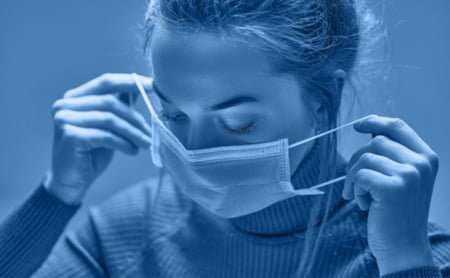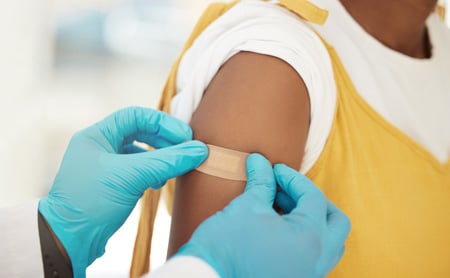Immunization is one of the most cost-effective means of public health promotion and disease prevention. Vaccines prevent disease, disability, and death in children and adults. Sustaining high vaccine coverage levels in children and adolescents, increasing coverage rates in adults, effectively communicating the safety of vaccines, and incorporating new vaccines into the routinely recommended immunization schedule requires vigilance and adequate resources.
State laws mandating vaccines are one strategy to control vaccine-preventable diseases. Currently, all states and territories have school vaccination requirements, but both the requirements and the types of exemptions permitted vary by jurisdiction. State and territorial health agencies also have policies on vaccination requirements for personnel and patients in health care settings and correctional facilities.
A key to immunization is ensuring that vaccines are accessible for those who need them. Public health agencies accomplish this by recruiting and training a network of vaccine providers who improve vaccination coverage by providing educational materials, offering trainings, and visiting clinical sites.
Latest Immunization Resources

Strengthening State Immunization Infrastructure Through Public Health-Community Action Partnerships
Learn More
Impact of the Advisory Committee on Immunization Practices Recommendations on State Law
Learn More




